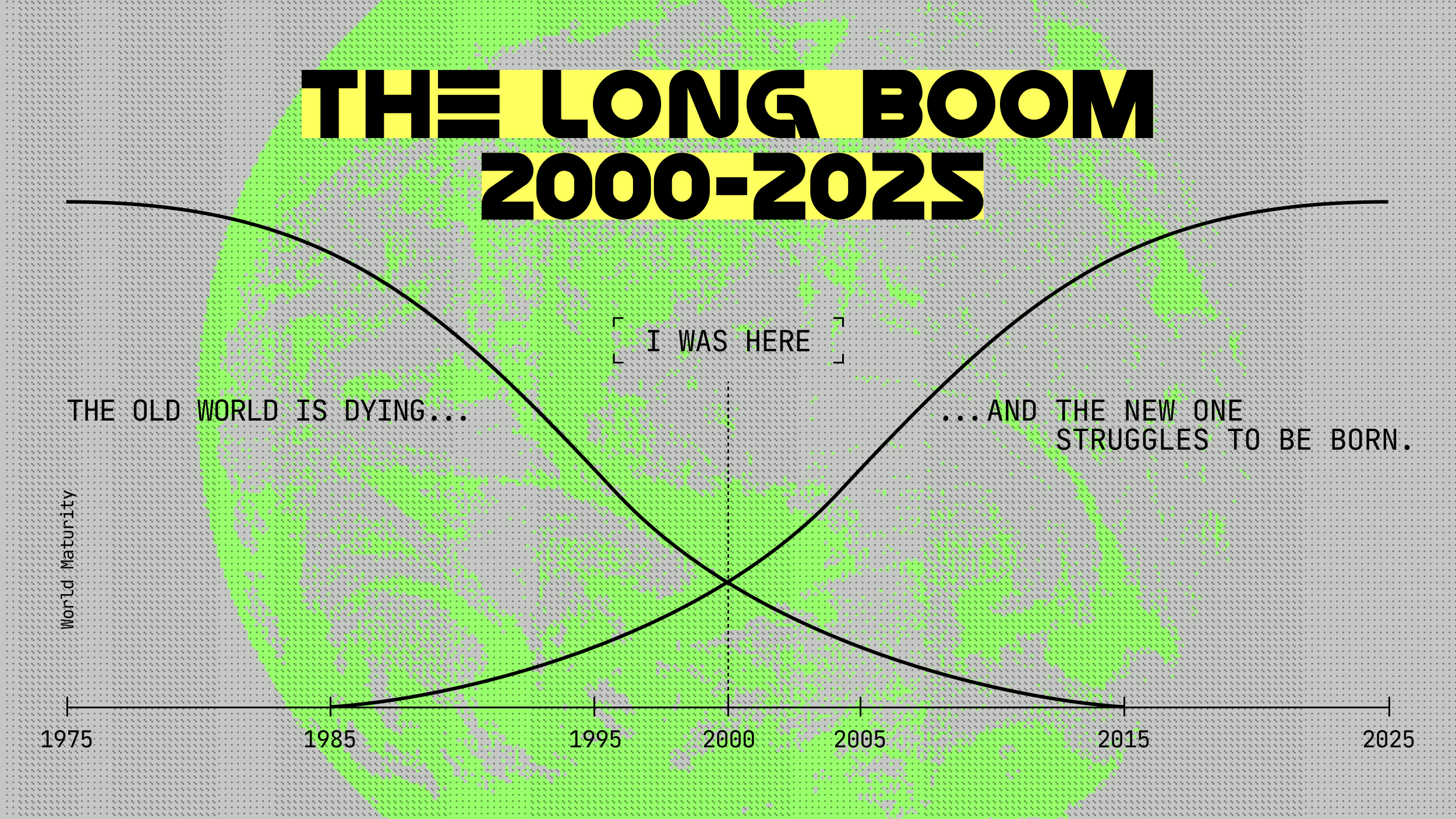We often use the lessons from European history to try to understand China, says David Kang, professor of international relations at USC. But we don’t have to if we were to take Asia on its own terms instead of using Europe to explain it. If we look at the history of East Asia, we see that the United States and China can avoid conflict.
We instinctively use the lessons of European history to explain Asia’s future, and it is incredibly difficult to make the argument that we should look at Asia’s history if we want to understand where Asia is going to go in the future.
The most common way that we think about power transitions in international relations is to look at a war between Sparta and Athens from 2500 years ago—the Peloponnesian War in ancient Greece. There, a rising power caused fear in a declining power and they ended up inevitably fighting.
Thucydides wrote about this in his famous History of the Peloponnesian War, and almost ever since then what IR scholars and international relation scholars and historians have done is used the example of the Peloponnesian War as the most foundational way in which we think about rising powers: “Rising powers are inevitably ambitious. Declining powers are inevitably fearful and they always clash at some point.”
Well, when we get to modern China today the example seems to fit perfectly, which is: China is a rising power, it’s very ambitious; America is a declining power, it’s very fearful; and so at some point there’s almost an inevitable chance that the two are going to come into conflict.
And in fact you hear this over and over again. And yet in a way—isn’t it weird to think about a primitive infantry battle between two Greek villages from 2500 years ago that would have any implications for what contemporary modern China, how they’re going to behave today? I mean in a way it seems like quite a stretch.
And in many cases I think that simply taking the lessons of history in this way biases us towards looking towards conflict in ways I don’t think actually are necessarily going to play out, particularly in contemporary East Asia.
That is, what we do, is we always take European history as the sum of all things, and somehow what happened—again, 2500 years ago in ancient Greece—is going to predict what’s going to happen in modern East Asia.
And I don’t think that’s the case at all, especially when we look at how East Asian history worked.
If we were to take East Asia on its own terms instead of using Europe to explain Asia—why don’t we look at East Asia?
And if we took it on its own terms one thing that we would find is that first of all China is not really rising; China has always been big!
Sometimes it goes into a period of decline and then it comes back, and this is more return than a rise, so it’s not anything new to the countries in the region.
In many ways what happens is: China’s dominance, China’s massive size has been a fact of life in East Asia for literally centuries, so this is nothing new.
So it’s not at all clear to me that we should view this as a “rising power” any more than we would view the United States as a “potentially rising power.”
The other problem is if we use East Asian history one of the biggest lessons we would learn from East Asian history is that the dangers that arise to countries in the region are almost always internal, not external. So even for rising and declining powers, the fears or the threats, they are as much domestic as they are internal.
So almost every single one of China’s dynasties over the centuries, the Tang, the Ming, almost all of them fell because of internal rebellion.
If I‘m a Chinese leader today I‘m as worried as much about internal issues as with external issues. And in fact one thing we know is that China spends more on internal security than it does on external defense. So even now it’s not clear that China’s ambitions are all directed outwards, they’re probably just as concerned about internal.
If we look at the United States, if we were to take it the lessons from East Asian history and say “Wow, instead of the inevitable war that Thucydides wrote about, what if we were worried about the lessons from East Asian history, which is the Japanese shoguns all fail from internal rebellion, Korean, Vietnamese dynasties almost all fell from internal rebellion as well?
So what would the lesson for today be?
Self-inflicted wounds in both the United States and China may matter more than any titanic struggle between them.
And in fact if I was to look at the United States today the challenges that we face are far more internal than they are from China.
Yes, China and the United States haven’t worked out a totally stable equilibrium. We have things at the margins we have to deal with. Maybe some uninhabited rocks in the South China Seas, maybe some trade disputes, but those are not things that are going to lead to a titanic struggle for global dominance, and I don’t see any war between China and the United States along those lines.
But I do see huge issues in China itself from internal security, to environmental issues, to a rapidly aging population. And frankly I see just as many issues in the United States as well.
If we look at the threats that are facing the United States: it’s a deeply divided country, it’s a massively underinvested infrastructure whether it’s our transportation or our education, and in many ways the issues we face today are much more internal than external.
So if I was to say “What do I think about the future of U.S. / China,” I would say it’s much more about scoring an “own goal” than it is about any kind of massive battle between the two countries.
Europe isn’t the measure of all things, and if there’s different examples or different experiences in East Asia and if they have different implications for the present or the future then we ought to take it seriously.
And in many ways that’s what I think—people like myself, that’s our task. Our task is to try and show, understand East Asian history without making a cartoon out of it, without making a caricature out of it but taking it seriously.
And if some things are the same then fine, and if some things are different then we need to point them out.
And this goes back to really an important theoretical point or a point about how we think about the world, which is that in many cases local knowledge is incredibly important. Local knowledge about situations is as important as any kind of broad theory about the way the world inevitably works.
And we want to know both, we want to have some good theories, but we also really want to make sure that those theories apply to the region.
And only with having that kind of knowledge can you really take East Asia on its own term.





